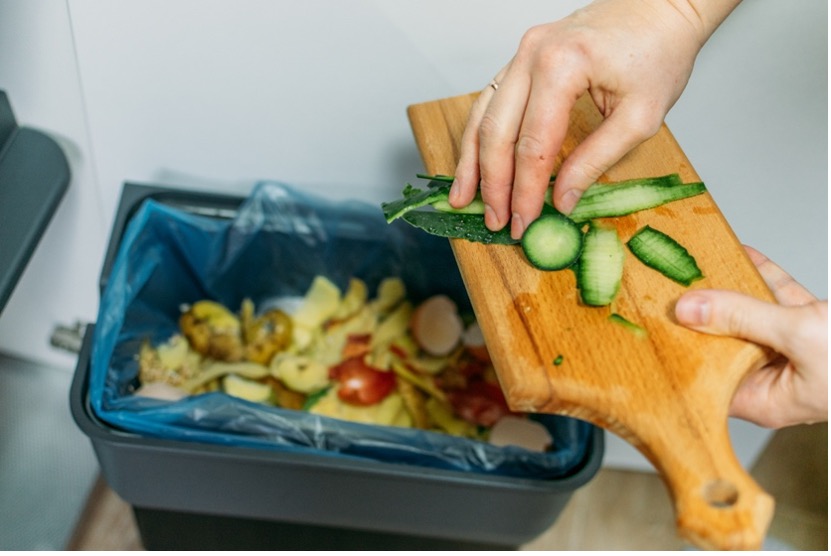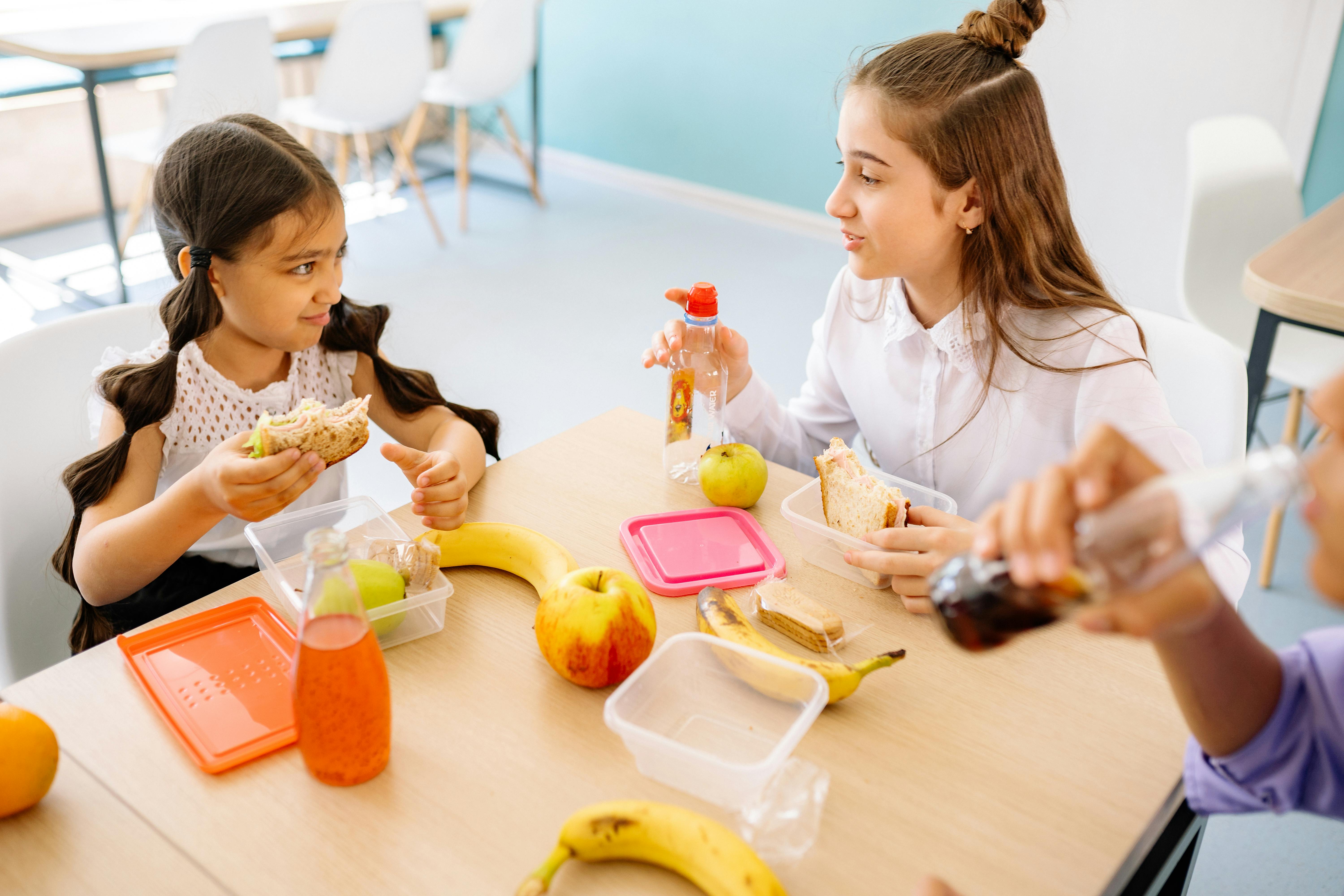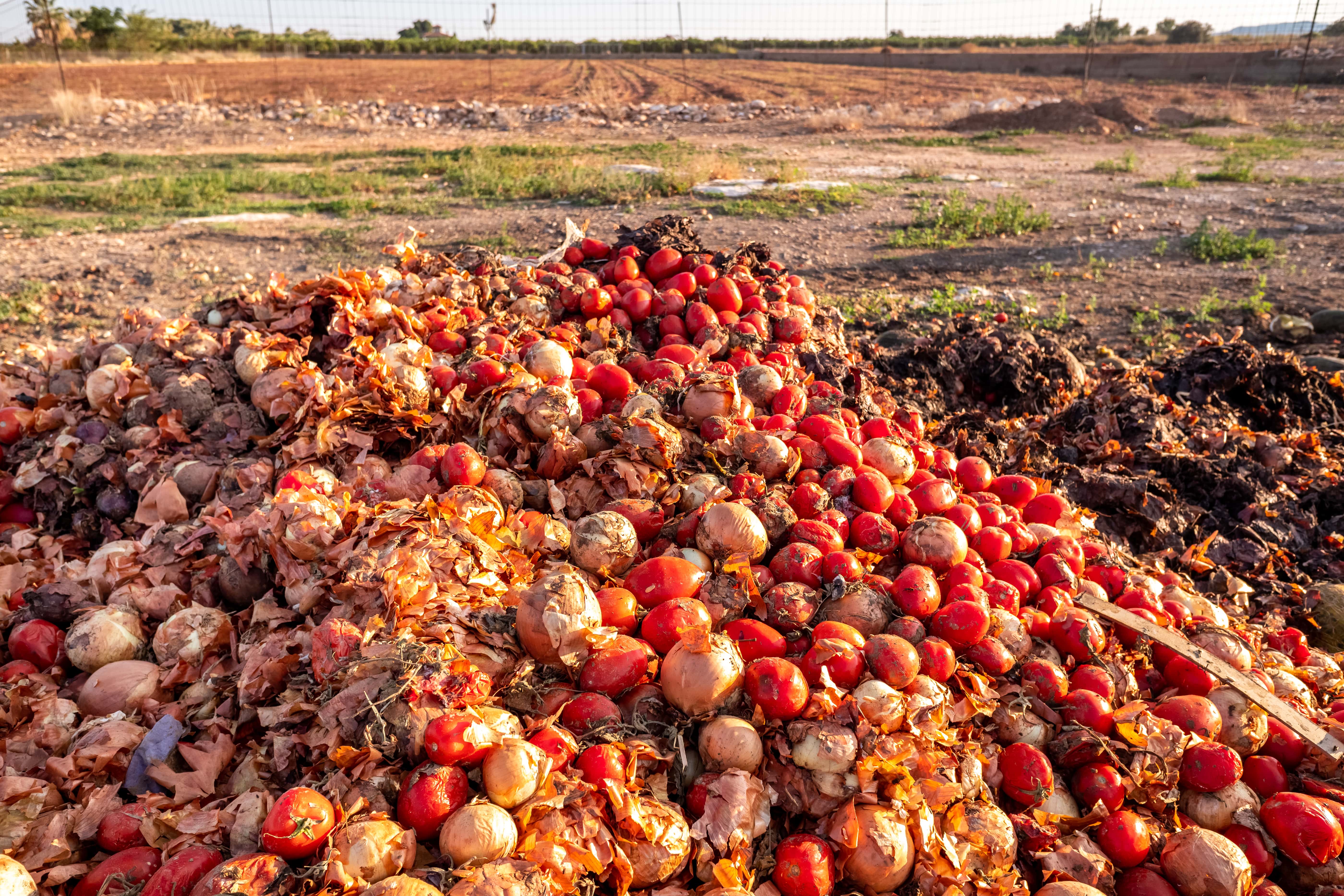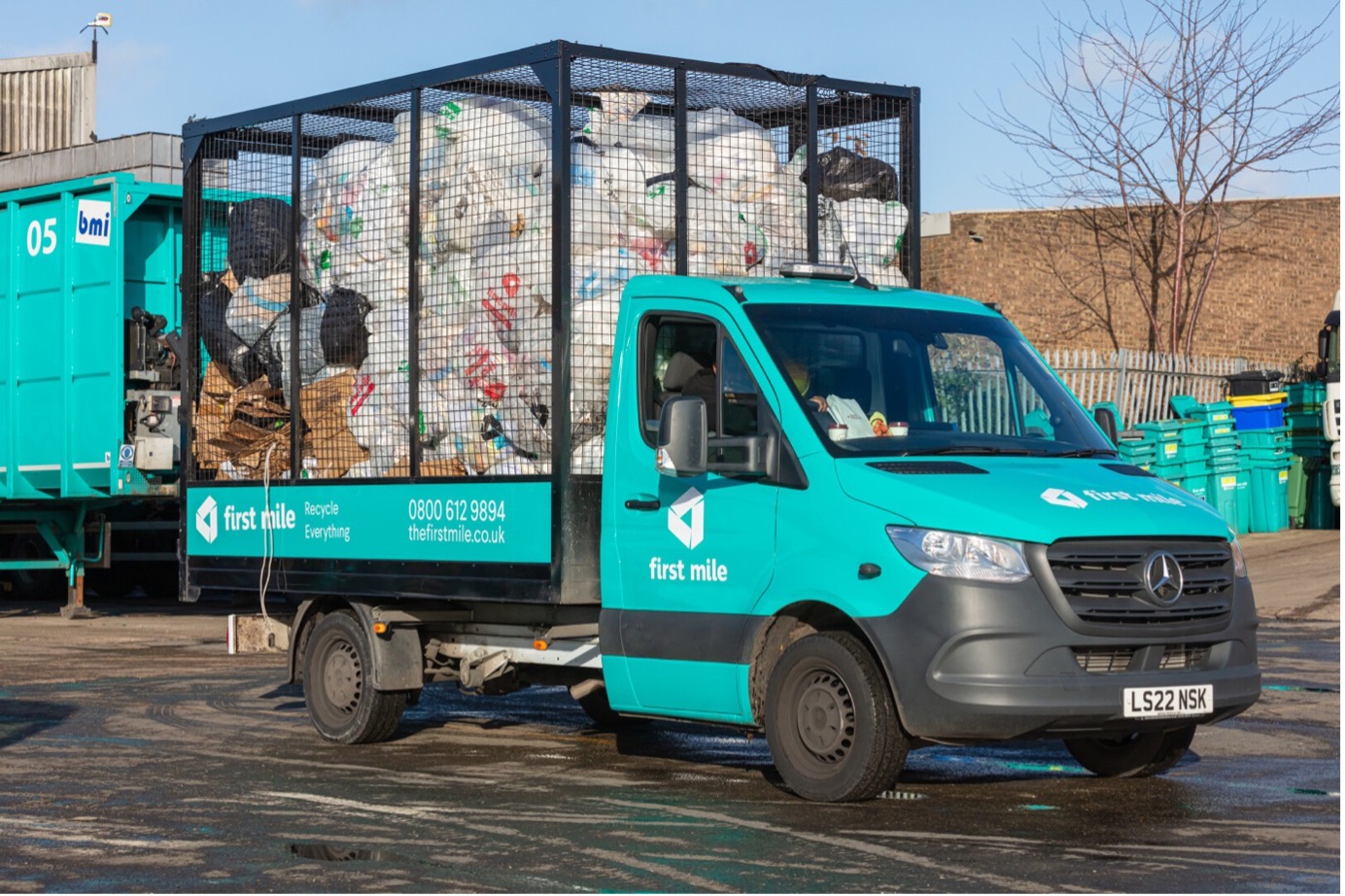If you manage a school’s operations, run a kitchen, or lead on sustainability, you’re likely juggling a lot of responsibilities at once. But with the UK’s new food waste laws already in effect, understanding how schools can reduce food waste has never been more important.
Food waste in schools, whether from over-ordered stock, uneaten meals or staffroom leftovers, costs money, harms the planet, and could put your school at risk of non-compliance. The good news? There are simple steps you can take to get ahead.
This guide cuts through the noise to show you what’s changed regarding food waste rules for schools in the UK, why it matters, and what you can do right now to reduce waste, stay compliant and make a meaningful difference in your school.
What’s changing in UK food waste laws?
In March 2025, the UK government introduced stricter food waste rules that apply to all businesses and public sector organisations, including schools. These changes are part of the UK Environment Act and are designed to increase recycling rates and cut down on waste sent to landfill.
For schools, the key change is that separate food waste collection is now mandatory. That means you’re no longer allowed to throw food waste in with general rubbish. Instead, all food waste will need to be sorted into dedicated bins and collected by a licensed food waste recycling provider.
DEFRA (the Department for Environment, Food & Rural Affairs) has issued guidance confirming that this rule applies to all educational settings across England, Wales, Scotland and Northern Ireland. It’s part of a wider push for greater school waste compliance across the board.
If you don’t already separate food waste, now’s the time to start. This is your chance to reduce costs, simplify your school food waste management and boost your environmental impact.

Why food waste matters for schools
Every school produces food waste. Whether it’s plate leftovers in the canteen, unused ingredients in the kitchen or expired snacks in the staffroom, it all contributes to a growing environmental problem.
In fact, education settings across the UK generate thousands of tonnes of food waste every year, and much of it ends up in general waste.
But schools aren’t just places where waste happens. They’re also places where change begins. Reducing food waste in education institutions sets a powerful example for students, staff and the wider community.
There’s increasing pressure for schools to lead on sustainability. Ofsted, school governors and parents are all placing greater value on environmental responsibility. Making improvements to school kitchen waste reduction and food waste recycling shows you’re taking that role seriously.
There’s also growing recognition of the role of food recycling for schools UK wide, helping institutions meet environmental targets while engaging students in sustainability. When students see sustainable habits in action, it reinforces the values you’re already teaching in the classroom.

Quick wins to reduce food waste in schools
Cutting food waste doesn’t have to mean big changes or extra admin. Small, practical steps can make a huge difference. Here are three quick ways to help with school food waste management and support school waste compliance.
Smarter meal planning and portion control
One of the biggest sources of food waste in schools is overproduction. Work closely with catering teams to plan menus based on actual uptake, not just estimates. Keep a simple record of what’s being served and what’s left at the end of service, then use that data to guide future planning.
Encouraging feedback from students and staff can also help refine your approach. Simple surveys or suggestion boxes can uncover popular meals, portion preferences or dietary needs that help avoid unnecessary waste.
Food waste audits and education
A quick audit can reveal where most of your waste is coming from. Weighing bins or tracking what’s thrown away helps you understand patterns and identify easy fixes.
Involve students through eco clubs, science projects or assemblies. Connecting food waste reduction to curriculum topics makes it engaging and relevant. Plus, when young people are part of the solution, they help build a culture of sustainability throughout the school.
Composting and redistribution
If your school has outdoor space, composting in schools is a great way to deal with certain food waste on-site, like fruit peels or vegetable scraps. Some schools also explore additional services like our cooking oil recycling service.
Others also partner with local composting schemes or food redistribution charities to make use of surplus food safely and responsibly.
Why is separating food waste important?
Separating food waste is now essential for schools. Since March 2025, it’s a legal requirement across the UK, and it brings practical benefits too.
Mixed waste often ends up in landfill, driving up costs and emissions. Separate food waste collection avoids this by sending leftovers to anaerobic digestion, where it’s turned into renewable energy and fertiliser.
It also reduces contamination in dry recycling, cuts disposal costs, and helps your school meet waste targets.
With compliance on the line, separating food waste is one of the simplest, most effective steps you can take to meet school waste regulations and show leadership on sustainability.

How First Mile supports schools with food waste
First Mile makes managing food waste simple. Our food waste collection for schools is reliable, zero-to-landfill, and tailored to education settings.
We supply the right bins, clear signage, and flexible term-time collections that fit around your school day. You’ll also get digital reporting to track waste, share progress and support student projects.
As a licensed carrier, we handle everything responsibly, helping your school stay within the law, cut costs and reduce its environmental impact.
Get a tailored food waste quote in minutes and start making food waste work smarter for your school.

Ready for 2025?
With new laws in place, now’s the time to get ahead on food waste. Reducing waste in your school is a chance to save money, cut emissions and lead by example.
From smarter kitchen habits to separate collections, every step makes a difference. And with First Mile as your partner, it’s easy to take action without extra hassle.
Get a free quote today and find out how First Mile can help your school reduce food waste in 2025.
FAQs
Can our school compost food waste on site?
Yes. Many schools compost fruit and veg scraps using on-site bins or garden areas. First Mile can advise if it’s viable for your site and food volumes, and help you combine composting with collection services for anything that can’t be composted safely on school grounds.
How do we stay compliant with food waste regulations?
Schools must separate food waste and use a licensed collector. First Mile provides compliant bins, clear signage, and term-time collections, making it easy to meet the rules. We handle the paperwork too, so you can focus on running your school while staying fully compliant.
Can students get involved in reducing food waste?
Yes. Schools often use First Mile’s digital waste reports in science lessons, eco clubs and school council projects. Involving students helps raise awareness, drive positive behaviour and link food waste reduction to learning. This in turn builds a strong sustainability culture across the whole school community.


